Funded Projects
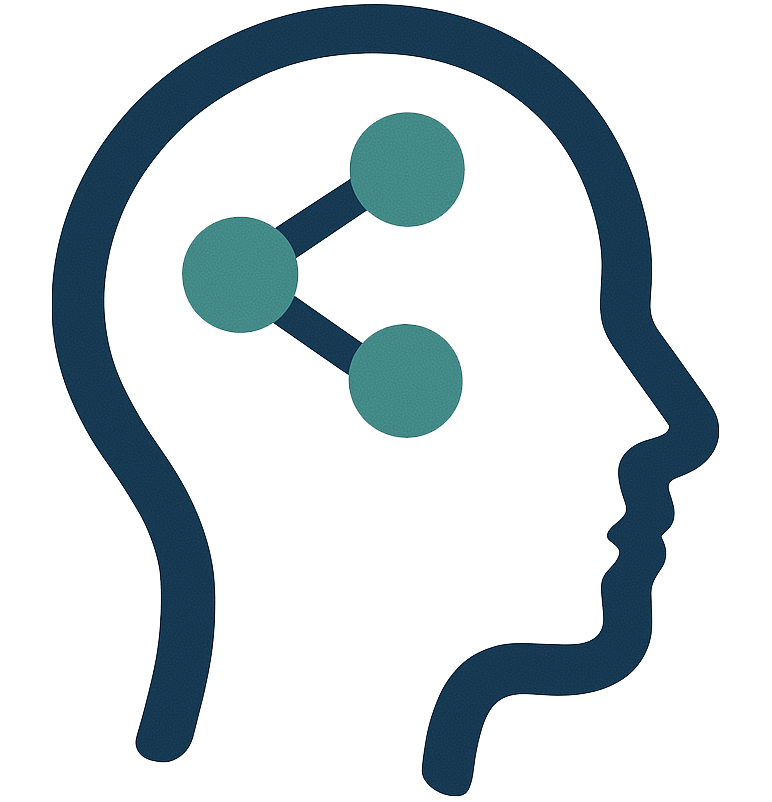 WebTA
WebTA
NSF IUSE #2142309: Supporting Learning and Enhancement of Programming Competencies Through Use of Immediate Critiques of Antipatterns in Novice Programmer CodePI: Leo C. Ureel II, Co-PIs: Laura E. Brown, Michelle Jarvie-Eggart, Jon Sticklen
WebTA is a research platform designed to provide novice programmers with rich, immediate critiques on code quality through the detection and explanation of antipatterns. Antipatterns are common, problematic coding habits that deviate from best practices. Often, antipatterns are manifested by coding structures that solve the intended problem and pass tests, yet contain subtle flaws leading to unintended behavior, such as memory leaks or security breaches. Detecting subtle antipatterns is the principle focus of this research and code critique is the primary application.
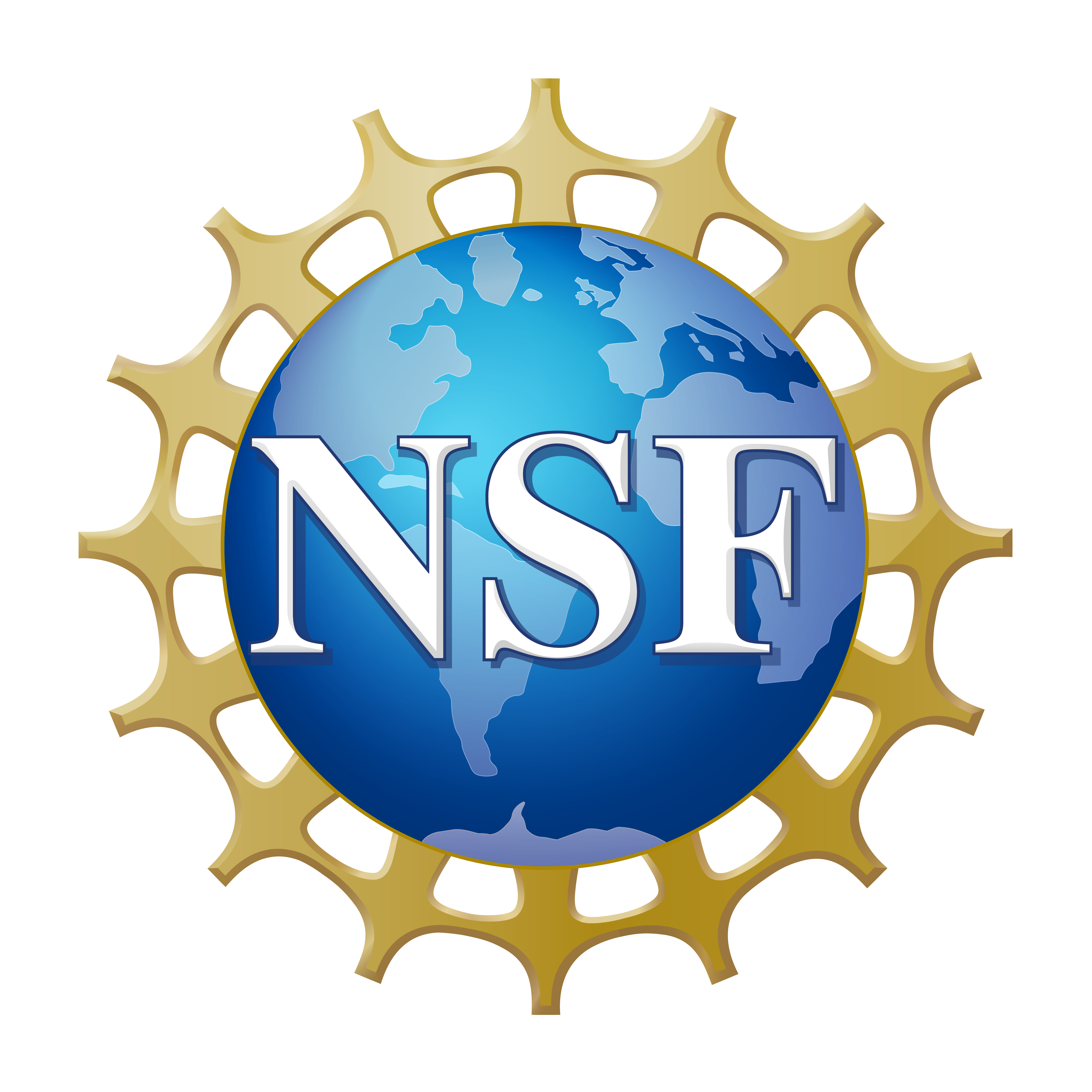

 Illuminated Devices
Illuminated Devices
NSF EAGER #2122034: EAGER: SAI: Illuminated Devices: A Sociotechnical Approach to Empowering Digital Citizens and Strengthening Digital InfrastructurePI: Kelly Steelman, Co-PIs: Charles Wallace, Leo C. Ureel II, Briana Bettin
The Building Adult Skills in Computing (BASIC) program at Michigan Technological University (MTU) aims to address the digital literacy needs of older adults. The program pairs university students with adults in need of technical assistance to provide personalized technology tutoring at the local library. Our Illuminated System is a sociotechnical framework integrating digital technology and human interaction. The system employs Illuminated Devices which, when distributed through trusted locations, enable remote access to tutoring. The Illuminated System aims to reach learners anywhere, connecting learners directly to tutors through digital devices while maintaining the feeling of community-based in-person tutoring.

 Universal Sensor Description Schema (USDS)
Universal Sensor Description Schema (USDS)
STTR #N68335-21-C-0187: Redesign and Implementation of USDS-Proxy LanguagePI (ARiA): Dr. Jason E. Summers, PI (MTU): Timothy Havens , Co-PIs (MTU): Charles Wallace, Leo C. Ureel II
The Navy’s Undersea Warfare Decision Support System (USW-DSS) uses data from an ever-growing number of sensors. To improve data integration and processing capabilities, ARiA (Applied Research in Acoustics LLC) has developed and demonstrated the Universal Sensor Description Schema (USDS). USDS is a suite of tools for generating APIs, i.e. a universal API tool, that enables systems to process data from legacy, current, and future sensor data.
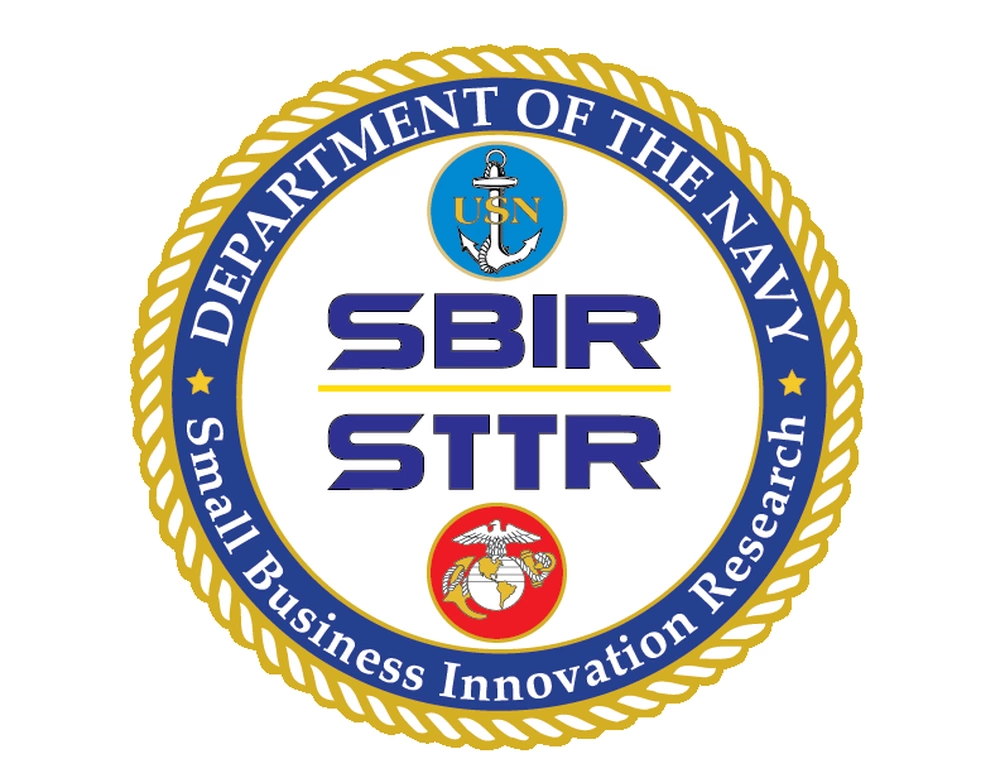
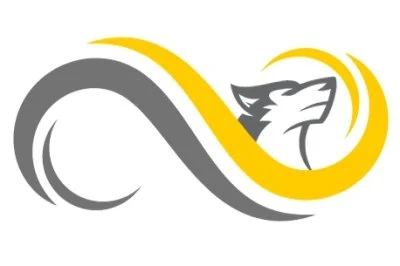 The Infinite Loop
The Infinite Loop
PI: Leo C. Ureel II
The Infinite Loop (Loop) is an online journal for undergraduate research and applied projects in computing. The Loop welcomes submissions from Michigan Tech undergraduates of all majors. Its scope includes interdisciplinary research and applications of computing in diverse fields such as data science, health informatics, information technology, and digital humanities. This all-encompassing approach acknowledges the ubiquitous impact of computing technologies in various aspects of human life and societal progress.

 Uncovering Hidden Curriculum in Computer Science
Uncovering Hidden Curriculum in Computer Science
PIs: Briana Bettin, Leo C. Ureel II, Laura E. Brown
The Hidden Curriculum represents the unwritten, unofficial, and often unintended lessons, values, and perspectives that are never explicitly taught, yet students are expected to learn and know in educational settings. In computing sciences, this includes assumed knowledge of programming languages, development tools, and academic norms, which can create barriers to entry and academic success, particularly for underrepresented and marginalized students and those with learning disabilities. Making this tacit knowledge explicit can ensure that all students, regardless of background or learning preferences, have equal opportunities to succeed.

Seeking Funding
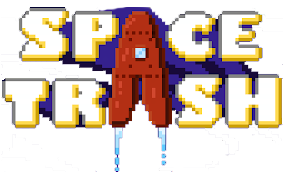 Space Trash
Space Trash
PIs: Leo C. Ureel II and Kevin M. Trewartha
The Space Trash project seeks to develop a video game platform as a vehicle for diagnosing early-onset Alzheimer’s. This project involves the development of an interactive game that replicates the Object Hit & Avoid (OHA) task from the KINARM Endpoint device. The KINARM is a robotic system used to assess sensory, cognitive, and motor functions. The game requires players to hit target objects and avoid distractors, and it is expected to reveal age-related differences in movement accuracy, consistency, error patterns, and decision-making, similar to findings in previous research using the KINARM device. Patients can play the video game at home at a time that fits their schedule, eliminating the need for travel to a medical center. Additionally, the less intimidating nature of a video game, compared to a large robotic device, may contribute to increased patient comfort and willingness to participate.
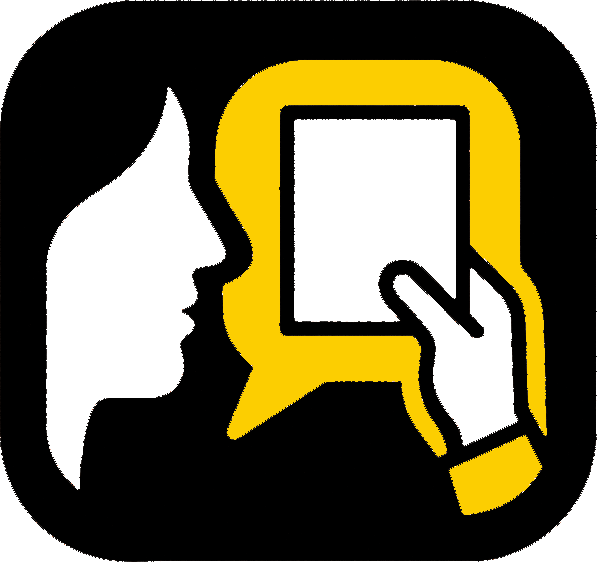 Ethnography Assistant
Ethnography Assistant
PI: Leo C. Ureel II, Co-PIs: Michelle Jarvie-Eggart, Lynn Albers
Ethnographic research is a qualitative method that involves immersing oneself in a particular cultural or social setting to understand the behaviors, interactions, and perspectives of the people within it. It is a crucial tool for gaining deep insights into human societies and cultures. The research explored here contributes to the development of new ethnographic methodologies by integrating collaborative autoethnography, twice-told narratives, and AI-guided interviews. This approach emphasizes the balanced application of emic (insider) and etic (outsider) perspectives. By combining these methods, the research seeks to provide a more comprehensive and nuanced understanding of human experiences, and to advance the field of ethnography. Within this research, the Faculty Eldercare Project uses ethnography to study the impact of eldercare responsibilities on faculty members. This project uses Erikson's stages of psychosocial development as a theoretical framework. By analyzing faculty narratives, the research aims to understand how eldercaregiving influences their sense of satisfaction, acceptance, and how they make sense of their life experiences. Also within this research, the Ethnography Assistant project, focuses on developing AI tools to aid ethnographic research. This involves creating tools and methodologies that can streamline and enhance the process of eliciting, analyzing, and interpreting ethnographic data.
 Journey
Journey
PIs: Leo C. Ureel II, Jon Sticklen, Betsy Lehman, Jyoti Suhag
The Journey Project seeks to redefine the traditional concept of a textbook turning it into a dynamic human-centered journey of discovery and growth. Students view generated pages containing the dynamic information they need in the moment to best facilitate learning, fill-in knowledge gaps, or practice problem solving. The path backwards through the pages are a record of the concepts they've mastered. The journey forward explores a wilderness of new concepts waiting to be tamed.
Ideas
Natural Language Computing
PI: Leo C. Ureel IIRecent advances in natural language processing (NLP) and large language models (LLMs) have demonstrated remarkable capabilities in code generation, software documentation, and question-answering tasks. However, these models lack the rigorous formal reasoning required for complex software engineering, particularly where reliability, verifiability, and explainability are required. This project proposes a novel architecture for Natural Language Computing—a hybrid system that integrates statistical language models with symbolic reasoning engines and formal semantics of programming languages. The goal is to develop an AI system capable of performing generalized reasoning over natural language specifications and executable code. The system will support high-level programming through natural language interaction, enforce semantic consistency, enable formal verification, and adapt to novel environments via self-supervised and few-shot learning techniques. This project addresses the challenge of machine understanding of code at a deeper semantic level, pushing beyond current capabilities of code generation towards generalizable, adaptive, and explainable software synthesis.